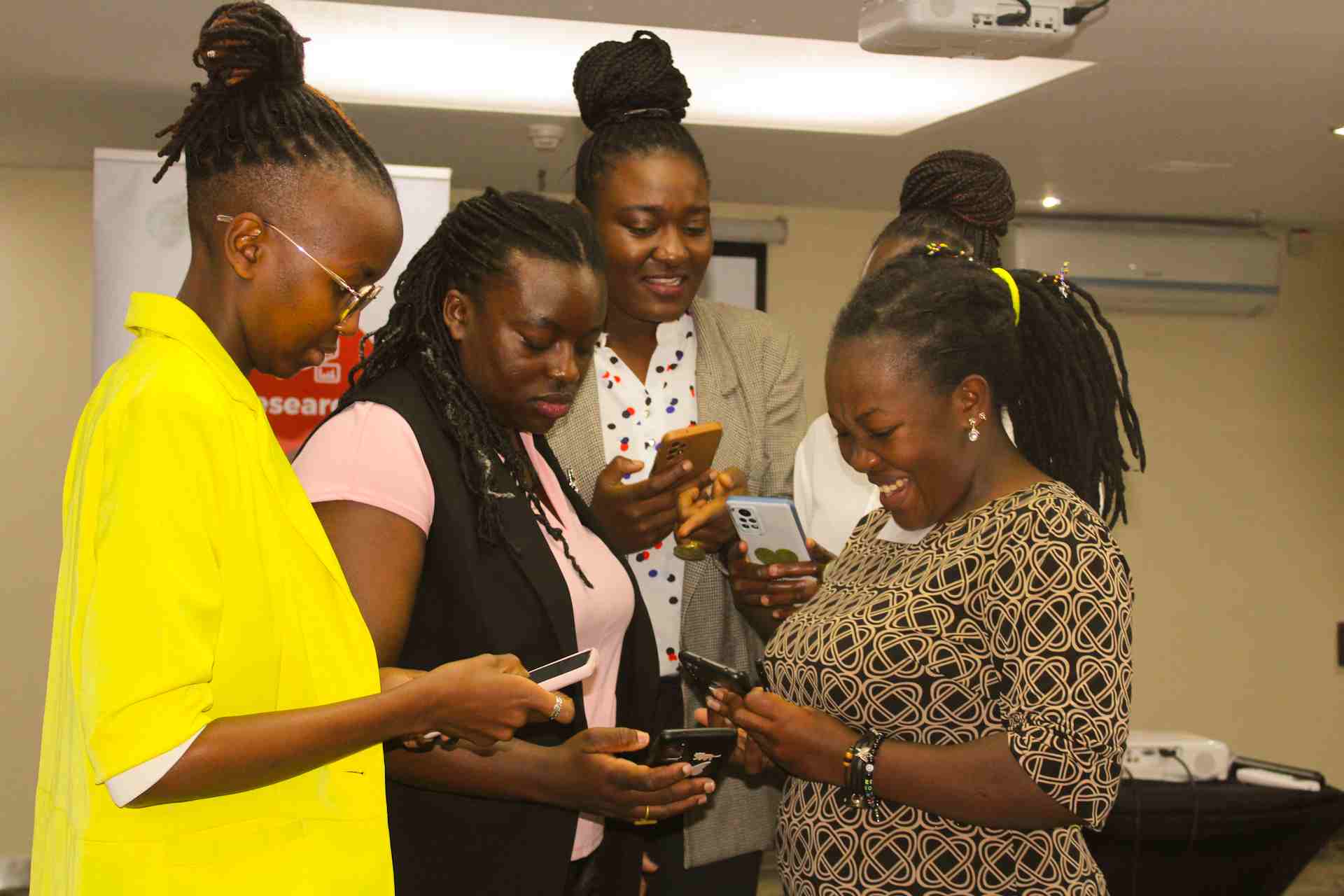Globally, International Women’s Day (IWD) is a reminder of women’s grit, challenges, and achievements and an excellent opportunity to imagine and work toward a gender-equal and inclusive world.
IWD has been an annual event since the first gathering in 1911. The United Nations observed International Women’s Day on March 8 for the first time in 1975.
According to the United Nations, the theme for this year’s IWD is “DigitALL: Innovation and technology for gender equality”, which explores the impact of the digital gender gap on widening economic and social inequalities.
In addition, it sheds light on why it is critical to protect the rights of women and girls in digital spaces while at the same time addressing online and ICT-facilitated gender-based violence.
The United Nations says involving women in technology produces more inventive solutions and increases the likelihood of breakthroughs that cater to women’s needs and advance gender equality.
“If women are unable to access the Internet and do not feel safe online, they are unable to develop the necessary digital skills to engage in digital spaces, which diminishes their opportunities to pursue careers in science, technology, engineering, and mathematics (STEM) related fields By 2050, 75% of jobs will be related to STEM areas. Yet today, women hold just 22% of positions in artificial intelligence, to name just one.”
This year’s theme resonates with KICTANet’s gender program, which has taken a deliberatively gender-responsive approach to innovation, technology, and digital education to increase the awareness of women and girls regarding their rights and civic engagement.
This was a result of the findings from a study conducted in 2010, “Women and Cybercrime: The Dark Side of ICTs”, which established a growing trend in spamming, email scams, impersonation, and theft of personal data, among others. This went hand in hand with women’s and girls’ lack of knowledge of the risks they run and the extent of the damage some continued to sustain.
The world and the internet generally are supposed to allow everyone to participate. We lose out as a world if we exclude people because we don’t believe they deserve to have a voice online or if people feel excluded because they don’t believe they deserve to express themselves. We lose out on the diversity of voices. In terms of people sharing, there is an Internet that represents everyone. That said, KICTANet has a documentary on “ Tackling Online Gender-based violence”.
To ensure the growing inequality gap is closed, KICTANet has been able to spearhead the development of the fifth e-learning module of the Digital Enquirer Kit(DEK) on Online Gender Based Violence(OGBV). The module aims to empower people with critical skills to navigate online spaces.
In addition, KICTANet has been able to publish a policy brief on Data Protection and Privacy. A Gender Perspective, and Guidebook on Data Protection and Privacy from a Gender Perspective, offer a reference point for users, especially those without a legal background, to deepen their knowledge and understanding of data protection and the gendered impact of data protection on women. It is also to spur conversations about data protection aspects that often go overlooked.
The Network also has a variety of comic strips to educate the public and act as advocacy tools to ensure the voices of women and girls are heard and their rights protected.
______________________________________________________________________________
Neema Mujesia is a Media Science graduate from Moi University. @neemamasitsa.
![]()




